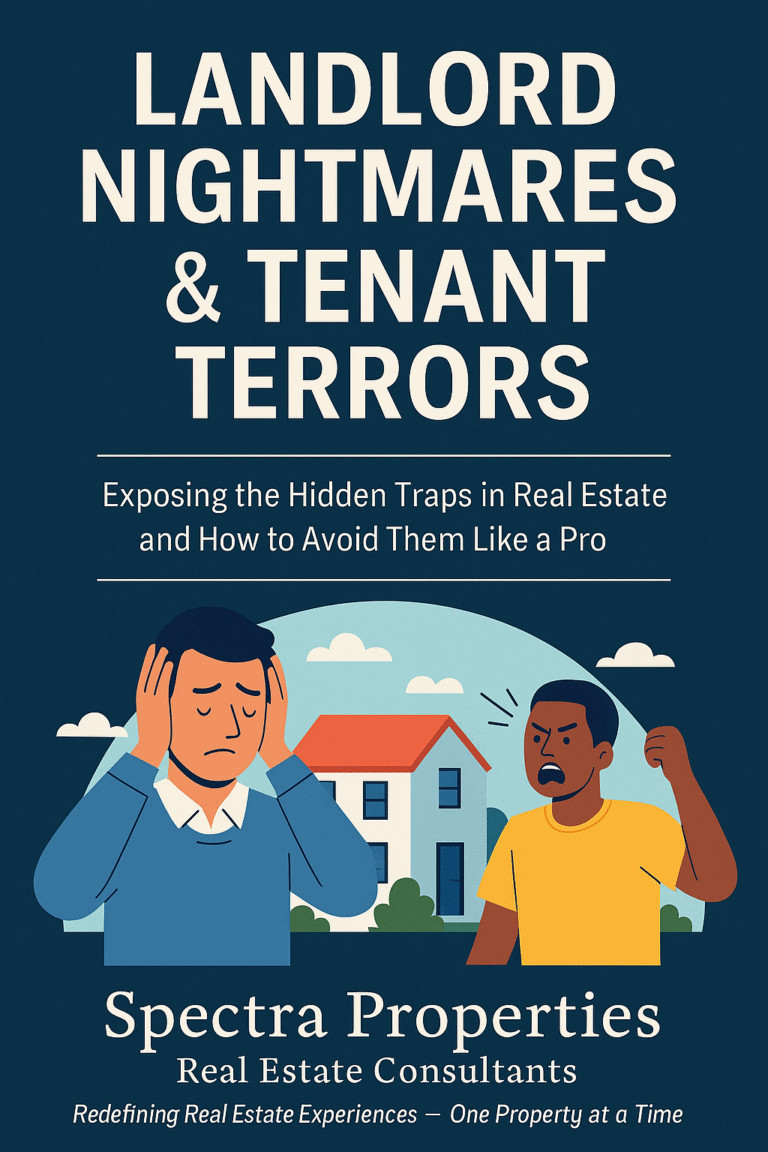Your Rights as a Renter: What Landlords Can and Can’t Do

Your Rights as a Renter: What Landlords Can and Can’t Do
Renting a home should come with peace of mind—not surprise fees, random inspections, or eviction threats. Yet, many renters aren’t aware of the rights they already have, which leaves them vulnerable to unfair treatment. Whether you’re in your first apartment or your fifth, understanding what landlords can and can’t legally do puts you in control. Let’s break it down:
1. They Can’t Enter Without Notice
Your landlord doesn’t own your privacy.
Even if they own the building, they must give notice (usually 24–48 hours, depending on local law) before entering—except in emergencies like a fire or major leak.
2. They Can Raise Rent—But There Are Rules
Rent increases aren’t always illegal—but they’re not always allowed, either.
In rent-controlled areas, hikes are limited.
Elsewhere, landlords usually must give proper written notice—typically 30 to 60 days.
They can’t raise your rent just to punish you for complaining or reporting them. That’s called retaliation, and it’s illegal.
3. They Can’t Evict You Without Legal Process
Evictions are another area where tenants often get caught off guard. Your landlord cannot evict you without going through the legal process. You have the right to receive a formal written notice, a chance to respond or correct the issue (like paying overdue rent), and a hearing in court. Changing the locks, cutting off utilities, or throwing out your belongings without a court order is considered an illegal eviction and can be challenged in court.
4. They Must Provide a Livable Space
This means your home must meet basic health and safety standards, including working plumbing and electricity, a structurally sound building, and no infestations like rats, roaches, or mold. If your landlord fails to address major repair issues, you may be legally allowed to withhold rent, arrange your own repairs and deduct the cost, or report the issue to local housing authorities—depending on your location’s laws.
5. They Can’t Discriminate
Discrimination in housing is strictly prohibited. Landlords are not allowed to deny you a rental or treat you unfairly based on your race, religion, sex, national origin, disability, or family status. These rights are protected under fair housing laws, and if you believe you’ve experienced discrimination, you can file a complaint with the proper housing enforcement agencies.
6. You Have a Right to Written Agreements
Renters also have the right to a written lease or rental agreement. This document should clearly outline the terms of your stay, including the rent amount and due date, lease duration, and rules around guests, repairs, and deposits. Verbal agreements are risky and can easily lead to misunderstandings. Make sure you get everything in writing and review it carefully before signing.
Final Thought
Renting doesn’t mean giving up your rights. It means entering a legal agreement with protections on both sides.
When you know what landlords can and can’t do, you can speak up with confidence—and defend your space with the law on your side.



